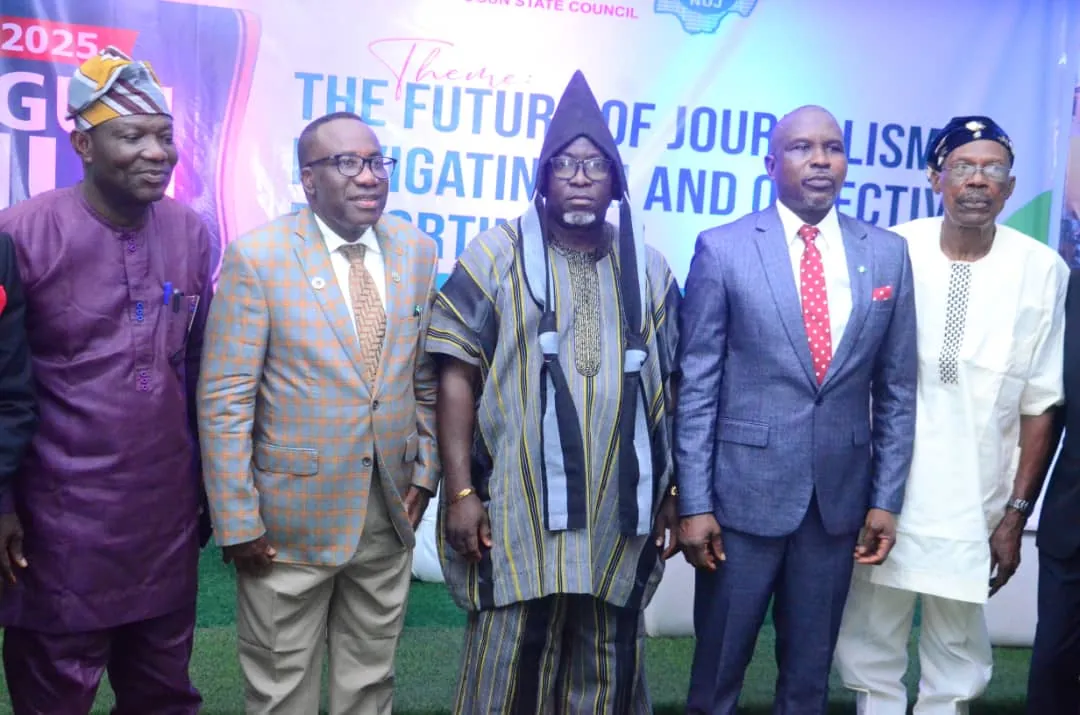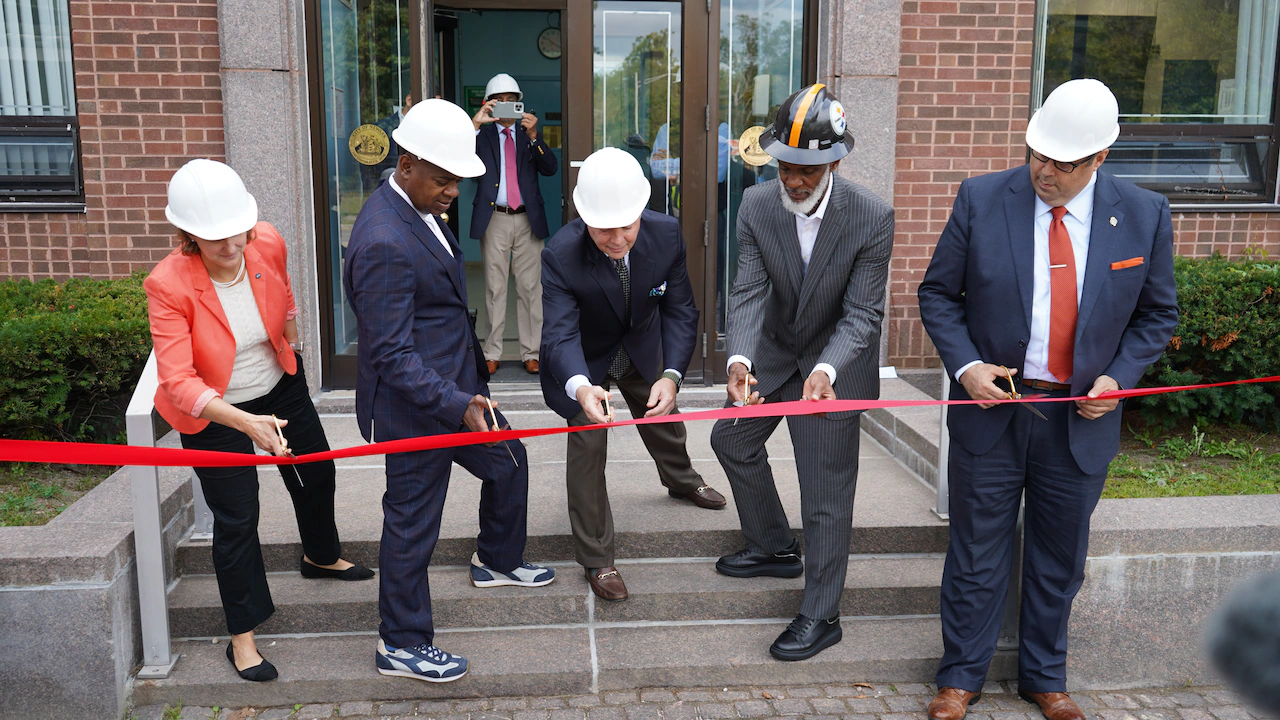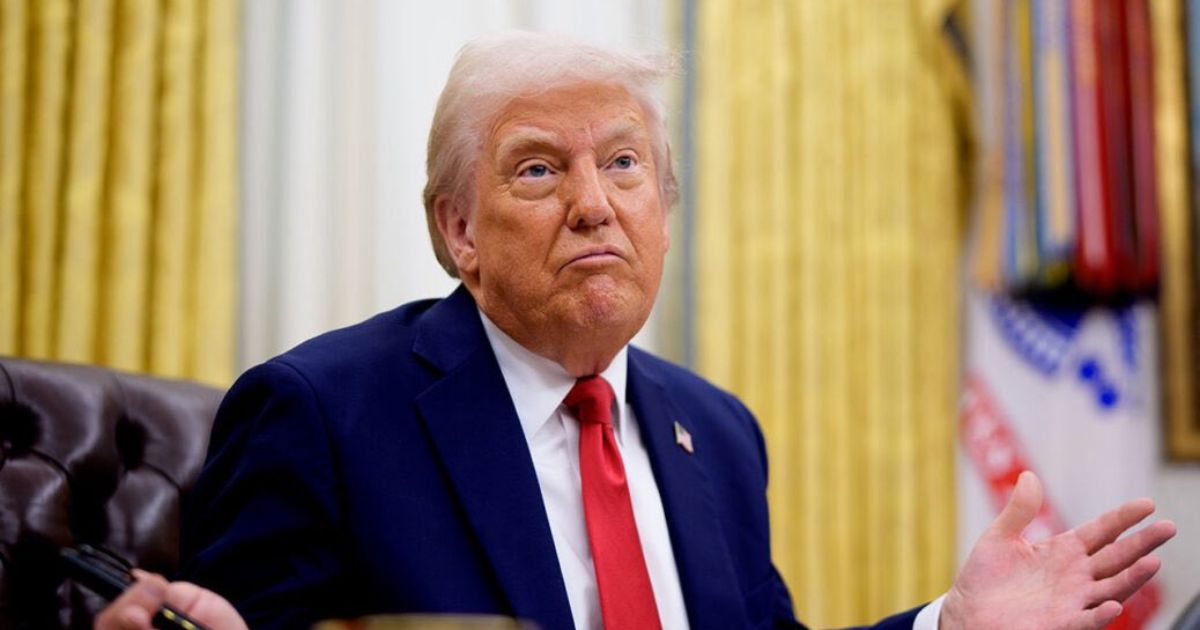By Olayinka Olukoya
Copyright tribuneonlineng

The Chairman, Senate Committee on Information and Communication Technology and Cyber Security, Senator Shuaib Afolabi Salis, on Monday, disclosed that the federal government is set to lay 90,000 kilometres of fibre optic nationwide to enhance digital technology penetration and increase Gross Domestic Product
The lawmaker, representing Ogun Central in the National Assembly, said this while delivering a lecture on the theme, ‘The Future of Journalism : Navigating AI and Objective Reporting’, at the opening of the 2025 Press Week of the Nigeria Union of Journalists (NUJ), Ogun State Council, in Abeokuta.
Senator Salis said the laying of the fibre optic broadband nationwide would not be limited to the state and local governments alone, but would be spread to each ward of the federation.
He hinted that a number of studies have confirmed that any 10 per cent increase in fibre penetration in the country would lead to a minimum of two per cent increase in Gross Domestic Product (GDP) growth.
“The country is at the cusp of a revolution. In 1998/1999, when we liberalised the telecommunications sector, a number of organisations didn’t believe in the potential of Nigeria; they were asking questions: how many people would make phone calls in Nigeria? Particularly, we were transiting from an environment where we only had a government behemoth, NITEL. But what had happened? MTN, Airtel and a number of other organisations that took advantage of Nigeria, today, MTN, about a few weeks ago, we went to commission the biggest MTN Data Centre in Africa.
“Twenty-five years down the line, we are about to have yet another revolution in our digital communication space.
“This government under President Bola Tinubu is going to deploy 90,000 kilometres of fibre optic broadband across the country, not just in some states, not just in some local governments; there is no ward that will not have fibre optic presence.
“A number of studies have confirmed that any 10 per cent increase in your fibre penetration in the country would lead to a minimum of two per cent increase in your GDP growth. So, just imagine if you deploy more technology. And it is very easy to fathom. Just imagine we have fibre optic in all our wards.”
The lawmaker revealed that one of the challenges of professional journalists in today’s world is that AI has the potential to increase the incidence of quackery.
While advocating that technology must be embedded in the curriculum for mass communication and journalism training.
“The challenge for professional journalists is that AI also has the potential of increasing the incidence of quackery in the profession. So, what do we need to do? Our curriculum for the mass communication and journalism training institute must embed technology into the curriculum. It cannot be an afterthought or annexure; just like any discipline whatsoever, now, it must have technology embedded in it.
“Secondly, for those already practising who have not had the opportunity of going back to school to learn, they must also have continuous capacity building and I’m going to partner with NUJ Ogun State Council on the deployment of technology and AI.
“The third thing is that journalists must also self-regulate. I’m the Chairman of the Senate Committee on ICT and Cyber Security, and we are in the process of repealing and enacting a new Cyber Crime Law in the country. There is always this tension between the freedom of expression and national security. But journalists, particularly professional journalists, whose training requires them to pass their news stories through many gatekeepers, now those gatekeepers may not be there physically again. But we must also ensure that we create the standards and code of conduct.
“When people go online, they must know that this publication is being run by professional journalists rather than publications that are being run by those who are pretending to be journalists. Standardisation and self-regulation. There must also be professional differentiation. What do I mean by professional differentiation?
” If you use AI to generate a news item, and another user uses AI to generate the news item, we are likely to end up with the same content. But whereas if you are a true journalist, AI is an enabler, not a replacer. Therefore, you must also have professional differentiation.
“People in the past, when they pick a news item, you can see that this is Olatunji Dare with a satire, you can see that this is Parallax Snaps by Dele Giwa. You can say this opinion poll was written by Stanley Macebuh. That professional differentiation is no longer there.
“People can no longer say this is the writing style of somebody because we have deployed technology to the extent that it has replaced our professional differentiation,” he added.
The Ogun State Head of Service, Mr Kehinde Onasanya, in his keynote address, emphasised the ethical dimension, while submitting that Nigeria lacks comprehensive regulatory norms that clarify how AI-generated content, such as images, audios and videos must be disclosed.
He, therefore, urged the leadership of the Union to publish a widely adopted code of practice to address AI.
In his speech, the Chairman of the council, Wale Olanrewaju, noted that the council had recorded milestones, progress and development in less than three years.
Olanrewaju stated that AI had changed the way news is gathered, processed and disseminated.
“As a union, our responsibility is to prepare our members not just to adapt, but to lead in this new reality. We must ensure that technology enhances our credibility rather than diminishes it,” he said.
The event’s panel discussion, moderated by Prof Dele Odunlami, Dean, Faculty of Social Sciences, Olabisi Onabanjo University, Ago Iwoye, featured Mr Kunle Durosimi, President, Ogun Tech Community and Registrar, West Midlands Open University and Mr Lekan Adeeko, AI Enthusiast and Co-founder Tedprime Hub.
The panel deliberated on the merits and demerits of using AI as journalists.
They urged journalists to be professional in the usage of AI in their write-ups, saying that AI should be used to promote national unity and cohesion and youths to innovate and harness technology to revolutionise Nigeria’s oil and gas industry.
ALSO READ TOP STORIES FROM NIGERIAN TRIBUNE



